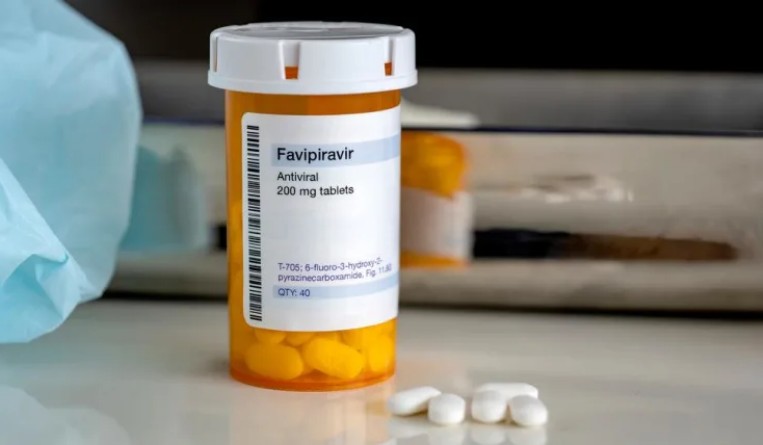Favipiravir: Patent rejection in Thailand
31 July 2021

Favipiravir (or T-705; 6-fluoro-3-hydroxy-2-pyrazinecarboxamide) is a broad-spectrum antiviral drug used in the treatment of multiple diseases, and is the first drug approved by countries around the world as an emergency option for Covid-19 cases. Thailand’s Department of Intellectual Property (DIP) has since rejected a Thai patent application filed under the compulsory license system for a specific formulation Favipiravir in tablet form.
The patent for the original compound of Favipiravir was filed in 1998 by a Japanese pharmaceutical company, Toyama Chemical Co. The first patent application for Favipiravir (WO2000/10569 A1) was filed in 2000 through the Patent Cooperation Treaty (PCT) and was designated in 27 countries, which did not include Thailand. Based on this original application, the patent protection of the original compound had already expired in 2020.
In 2010, applicants had filed for a patent application for the Favipiravir tablet via PCT and designated 24 jurisdictions, including Japan, the United States, India and Thailand, and with the European Patent Office. With the exception of India, all corresponding applications in other designated countries have been granted. The applications in Europe and Japan were considered inventive and were granted in 2013 and 2014 respectively. In India, Sun Pharma have already launched a generic version of Favipiravir under the name FluGuard.The application in Thailand, despite having cited the same prior art documents as those cited in Japan and Europe, was not deemed inventive.
The DIP had rejected the patent application for the Favipravir tablet on the ground that the invention lacks any inventive steps. However, given the acceptance of the corresponding patent application in other jurisdictions based on the same prior art, it is suspected that the patent could have been rejected for reasons other than not having any inventive steps, i.e. to ensure the supply of the same for Covid-19 patients in Thailand. Early indication of the same was seen at a press conference following the rejection of the application, wherein Vuttikrai Leewiraphan, the DIP’s director-general stated: “All sectors are playing their part in coping with the spread of Covid-19, with the common goal to provide people with quick access to necessary drugs.”
With the outbreak of Covid-19, the demand for Favipiravir has risen significantly and there are now concerns that there may be a shortage of Favipiravir tablets in Thailand. The Government Pharmaceutical Organization (GPO), the state enterprise which manufactures pharmaceutical products in Thailand, intends to set up a manufacturing centre for the Favipiravir tablets to meet these growing demands. Previously, this was not possible due to the pending patent application for Favipiravir tablets. However, now that the said patent application in Thailand has been rejected, Thailand is now proceeding to produce the drug for domestic use unencumbered by the patent application. The GPO is now working to establish the manufacture of Favipiravir tablets at the industrial level.
Compulsory licensing has previously been adopted in Thailand before in other contexts; for instance, in order to pave the way for cheaper AIDS drugs. It is suggested that approving the drug for compulsory licensing would have been much better to maintain the integrity of the patent system. Such an approach would have served as a sensible approach that served the interests of both the public and the patent system at large. Alternatively, the Thai DPI could have granted a waiver on the patent rights of FTC, as was requested by the World Health Organization in relation to the patent rights of Covid-19 vaccines.









